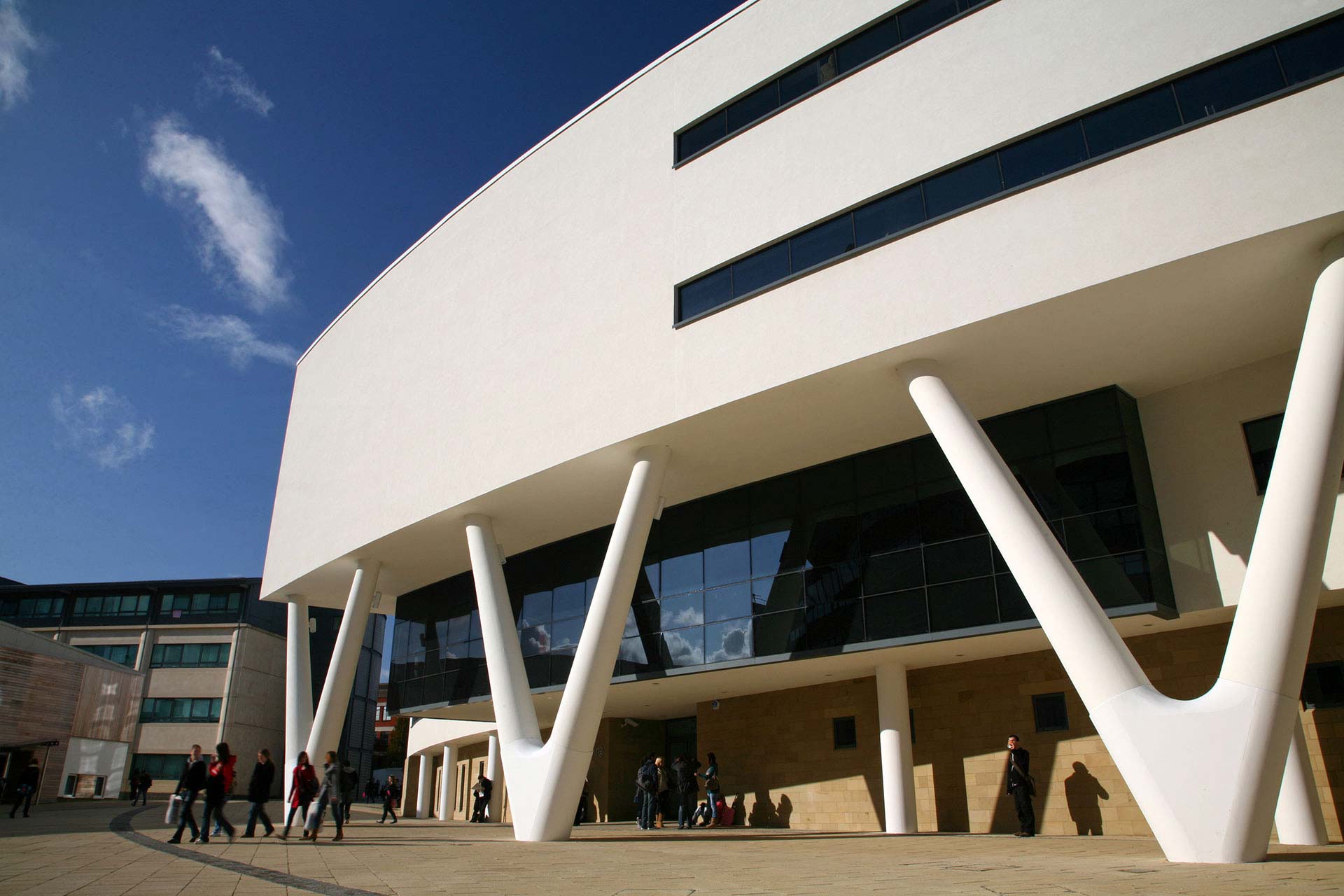
Staff
Sound, Craft, Vision, Place has drawn together a team of researchers which draws on expertise from beyond the humanities to provide tools that will to encourage community groups to explore and articulate their heritage for themselves. Their experience in a wide range of public engagement activities demonstrates how university research in history, oral history, design, architecture, archaeology, music and digital media can enrich the public's understanding and help them develop access to their own areas of interest. Through a series of open days, road shows and a gateway website the team will offer an appealing and easily accessible set of resources designed to stimulate community interest and prompt heritage project ideas.

Claire Barber’s main interest is in the relationship between place and the way people are connected to their surrounding environment. She has worked extensively with communities affected by environmental and economic change and in 2010 formed an artist collaboration with Steve Swindells which is founded on site-conditional and artist-in-residence contexts, weaving everyday human narratives, places and activities into the content and production of their work. She has exhibited widely and received over 20 commissions and residencies in the UK and across Eastern Europe, Australia and Japan. These include an Arts Council Art Plus Award (2006) for her collaboration with R.A Webb which produced ‘You Are the Journey’ an interactive public artwork in the context of the Hythe to Southampton Ferry commute. In 2009 she was awarded ‘Place Space and Identity II’, commission in North Staffordshire. Currently she is completing The Weymouth Relief Road Project, in collaboration with land artist Richard Harris in preparation for 2012 Olympics.

Steve Swindells has exhibited his work, individually and collaboratively, across Europe, Asia and North America. He is currently working in collaboration with Claire Barber. Together they draw from large national and international exhibition and artist-in-residence experience. Working across art and craft disciplines the artists have no restrictions on media. Barber-Swindells work with regional museums and their curators to review their collections in the context of regional/local crafts, and then articulate this to community groups. Their forthcoming commission (2012) is part of 'Maximum Exposure', Somerset Art Works. Their current commission 'Mining Couture' (2011) is a £20K Arts Council England funded project, part of the Transform 2 programme at Snibston Discovery Park, Leicestershire.

Robert Ellis specialises in the history of mental healthcare. To date, his publications have focused in the 19th century but he is particularly interested in social and cultural responses to mental illness in the 20th century. Rob has published in other areas, including pedagogy and the creative industries. His experience of project planning and exhibition design in a community context includes work as curator of Out of the Shadows: A History of Mental Health Care in West Yorkshire with the Thackray Museum and Leeds Partnerships Trust in 2010-11.

Richard Fellows has specialised in late-19th and early-20th-century British architecture. His early studies focused on the work of Sir Reginald Blomfield whose long career and breadth of involvement span aspects of the built environment such as professionalism, education and the growth of new technology. Fellows’s monographs on Edwardian architecture, civic buildings and civic design are extremely relevant for a region which is rich in buildings of this period and character; his further interests in the built environment include exploring and celebrating buildings and neighbourhood personality that is predominantly ‘ordinary’ and undesignated.

Glenn Foard has researched and written widely on the archaeology and history of battles and sieges of the medieval and early modern period in the UK and Europe. He specialises in systematic metal detecting survey of battlefields, analysis of lead projectiles, terrain analysis and primary documentary research, especially on the Civil Wars. Glenn has extensive experience in landscape archaeology, including aerial archaeology, fieldwalking survey, and the study of settlement from written and archaeological evidence. He has wide experience of working with community groups both in the field and in the course of extended research.

Richard has written extensively on themes connected with Churches, church building and communities. In parallel he works as a military historian and historical biographer, and is currently working on a history of 20th century Britain from the air. Richard played a significant role in founding the popular magazine British Archaeology and has long been active in supporting local archaeological endeavour. He is a trustee of the Heritage Lottery Fund.

Paul specialises in memories of the Second World War in the UK, the UK in the 1950s, Britain and Americanisation, and historiography and teaching after empire. His public engagement experience falls into areas of oral history, cinema, regional and local identities.